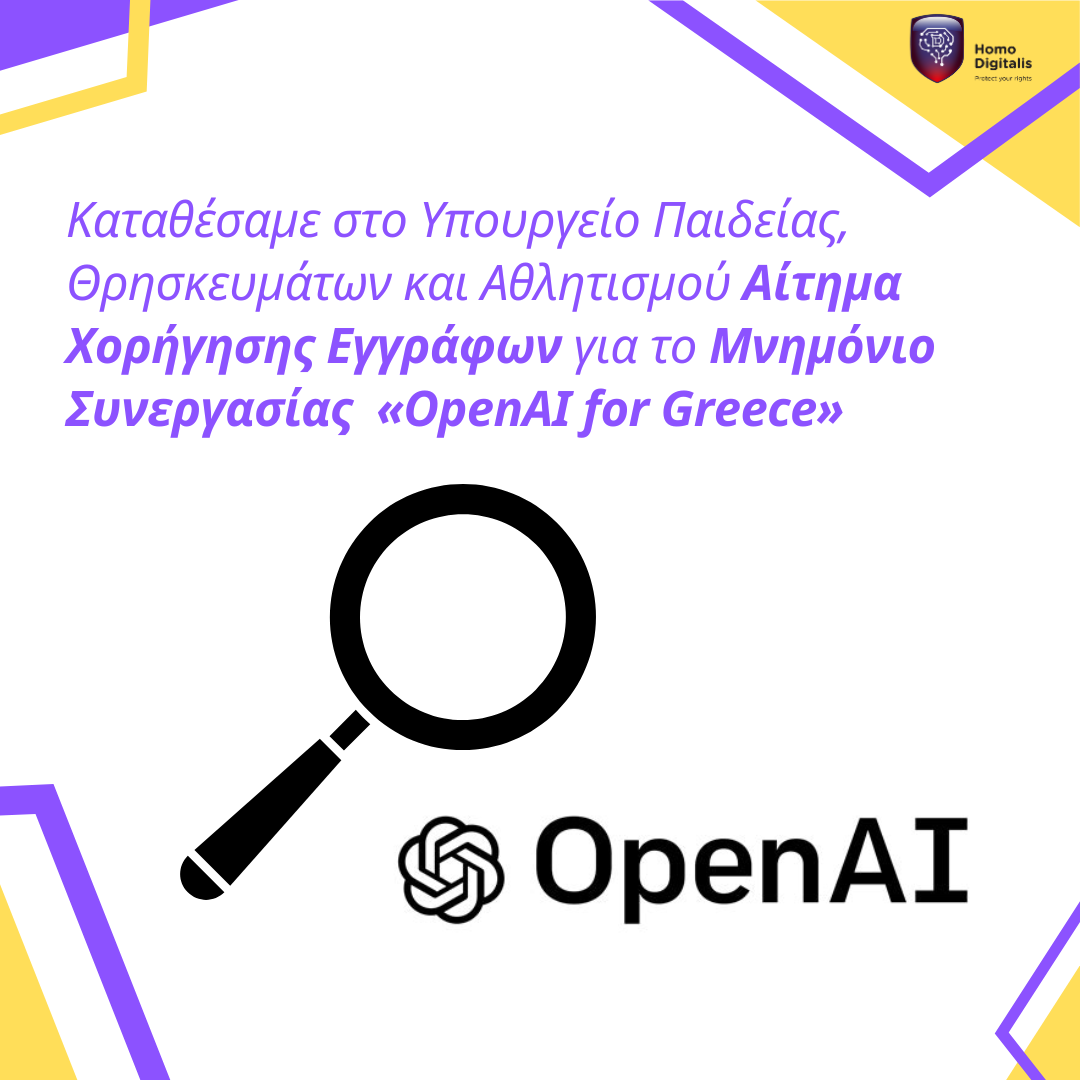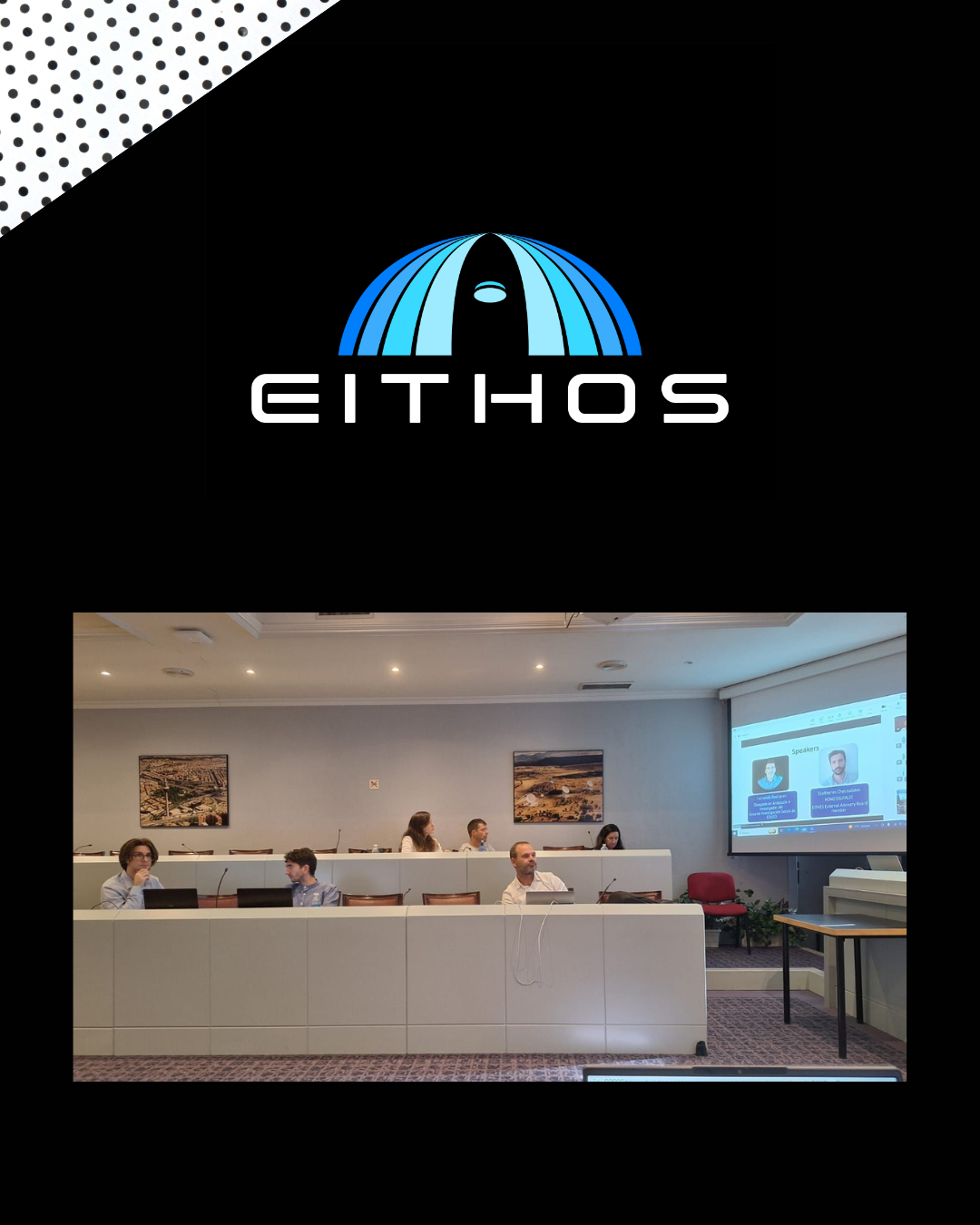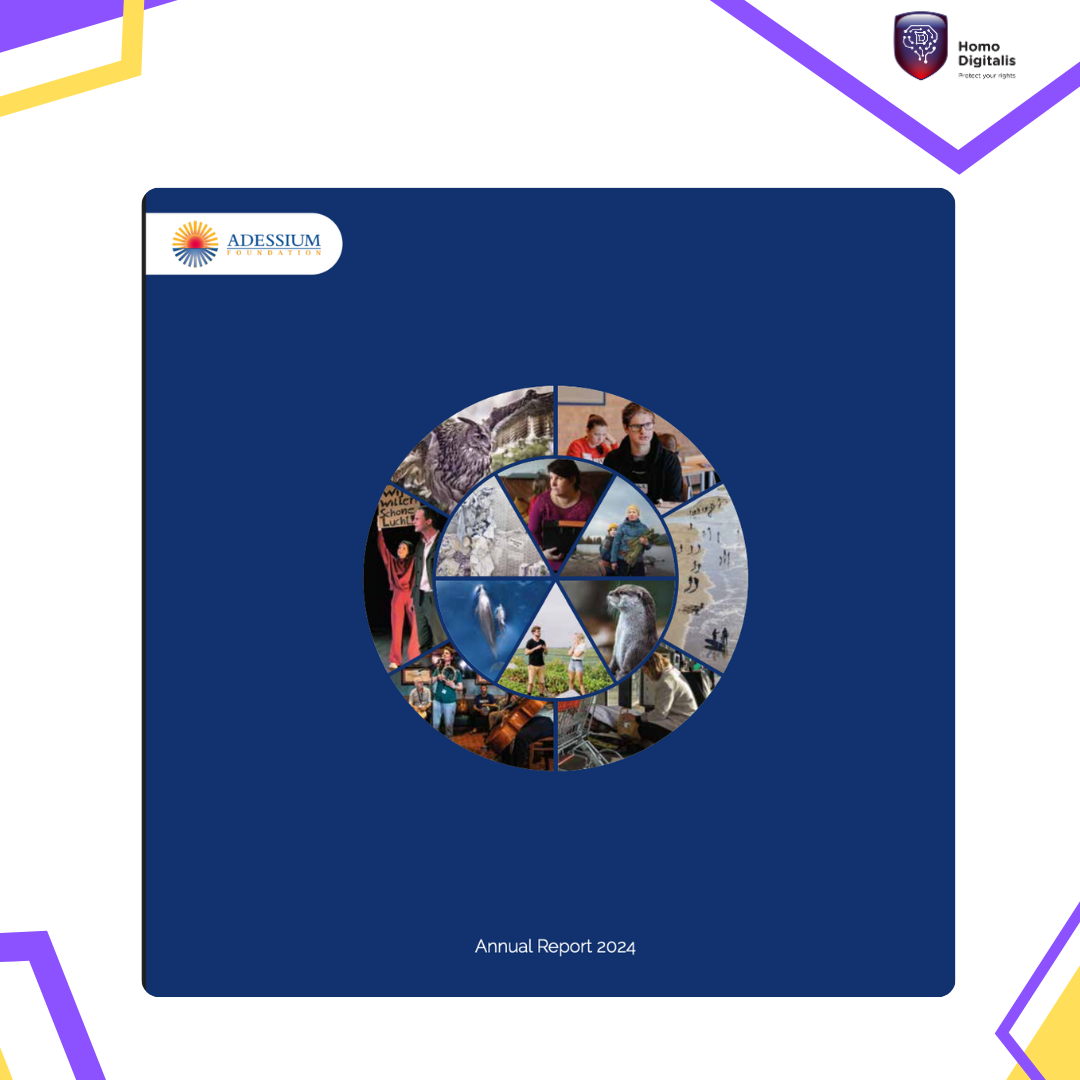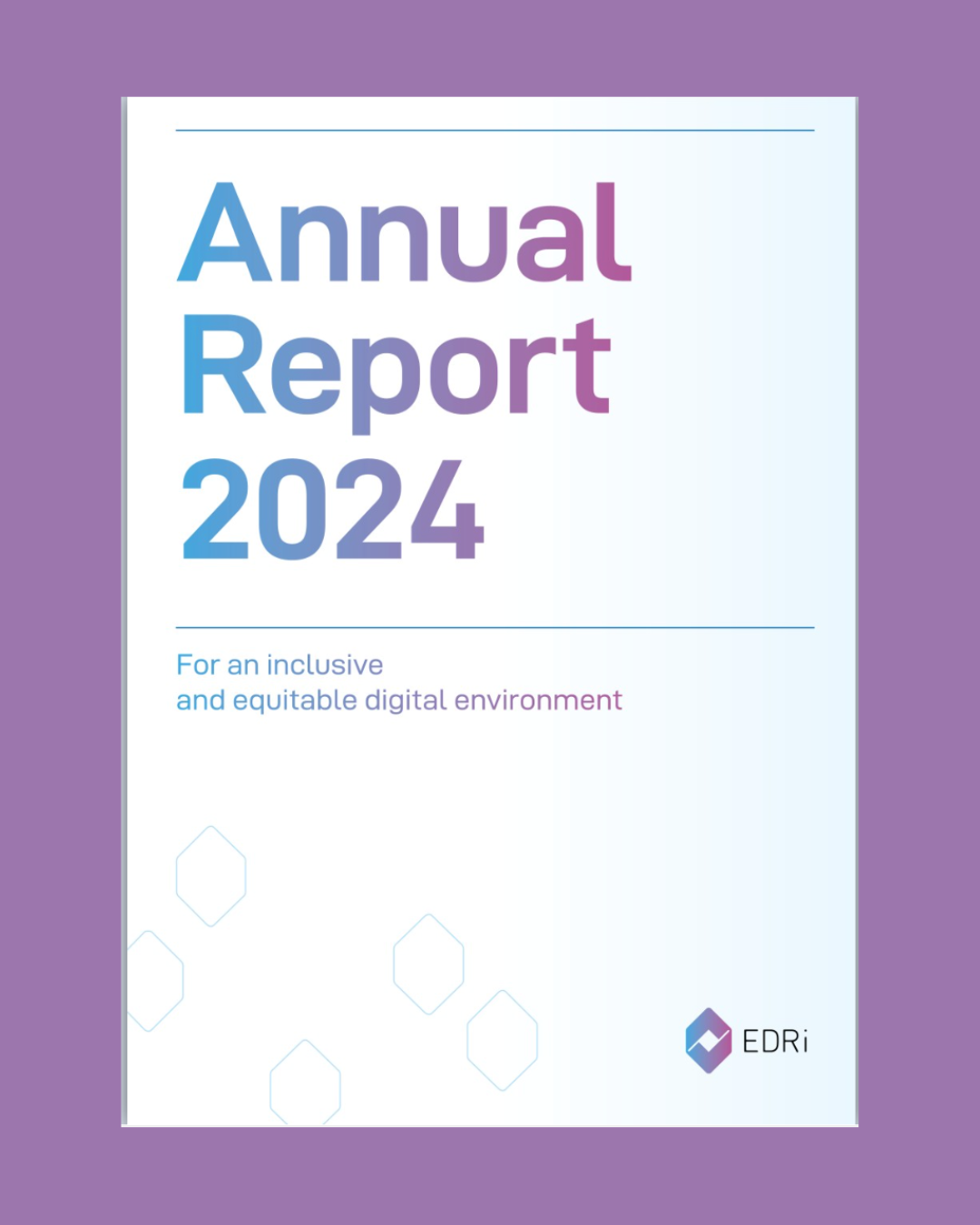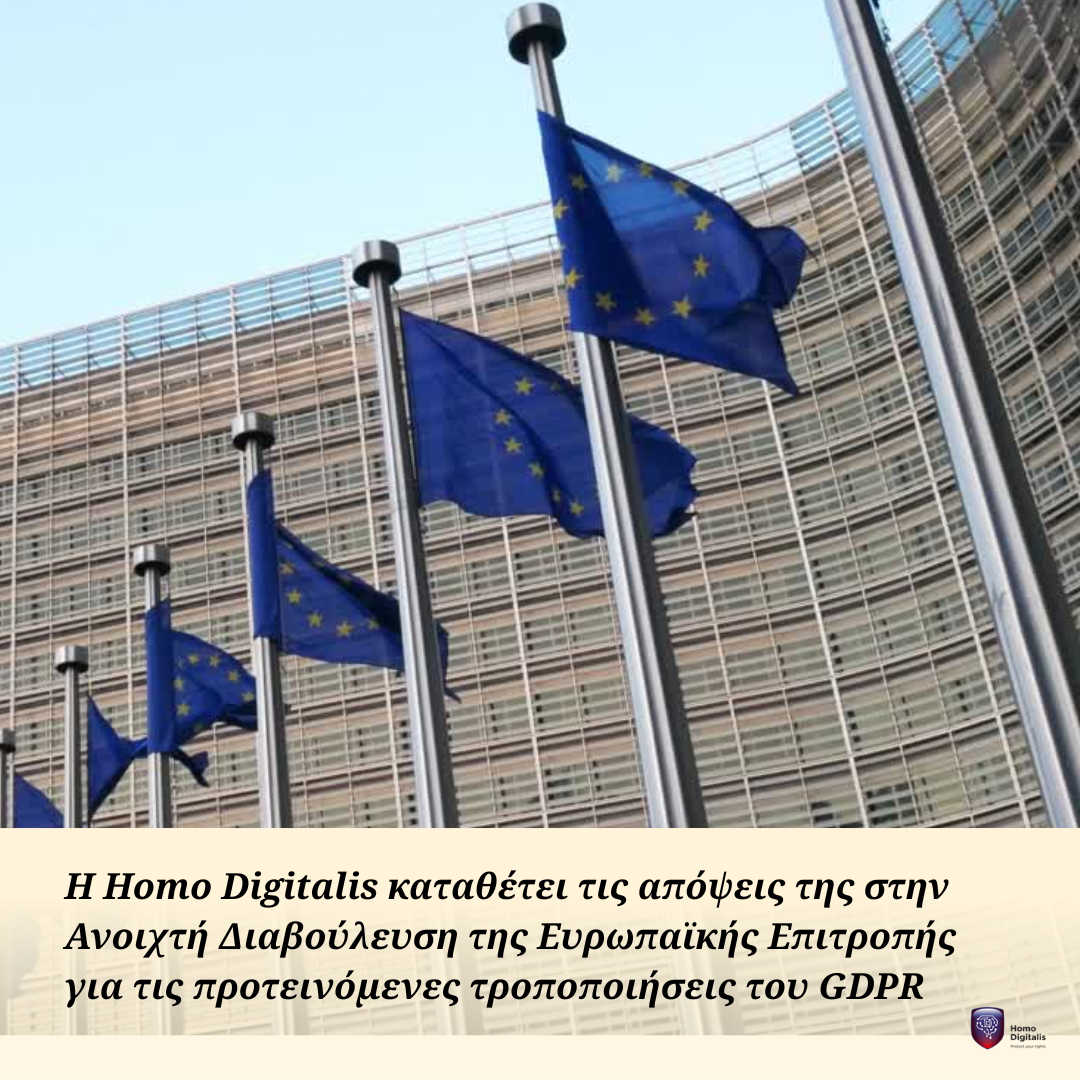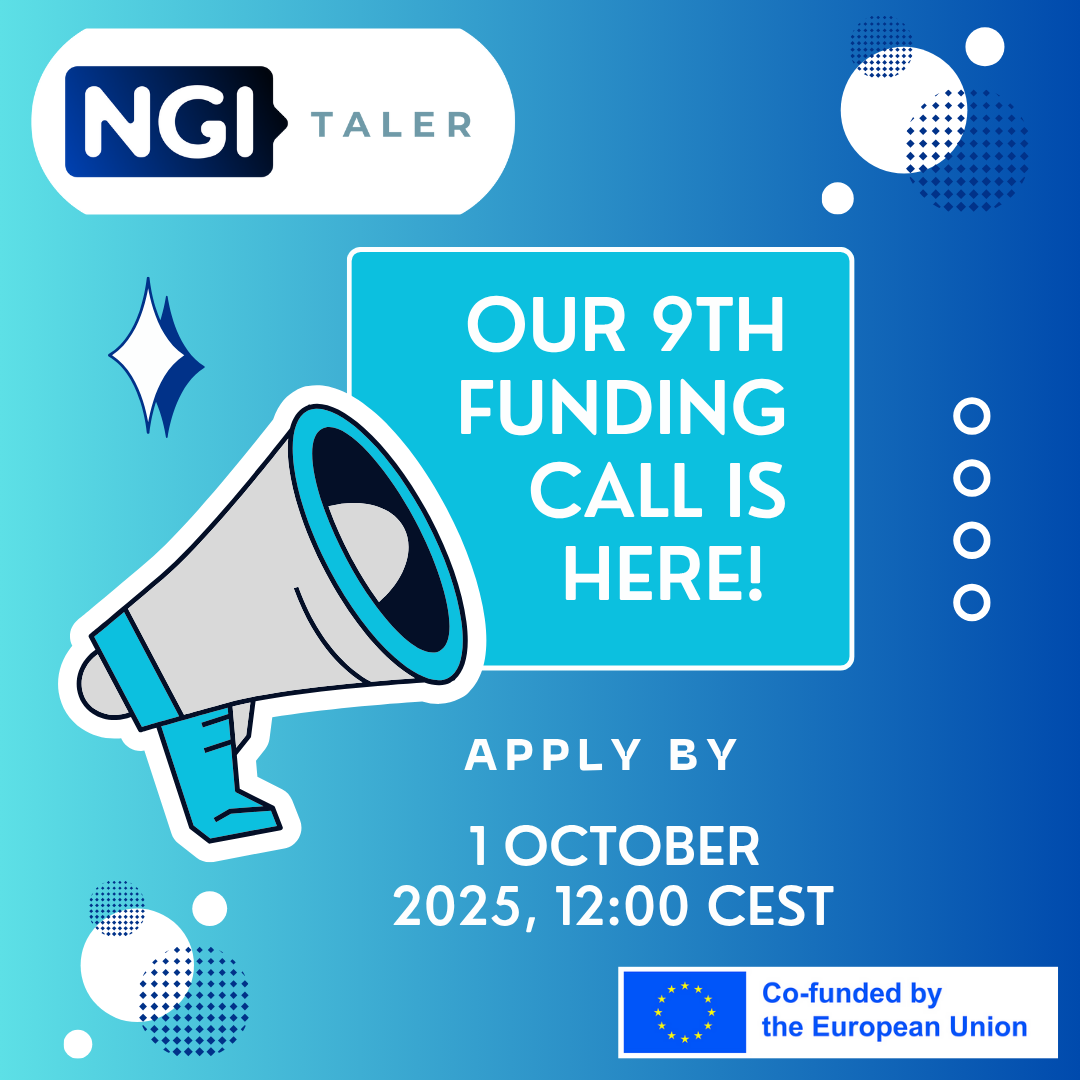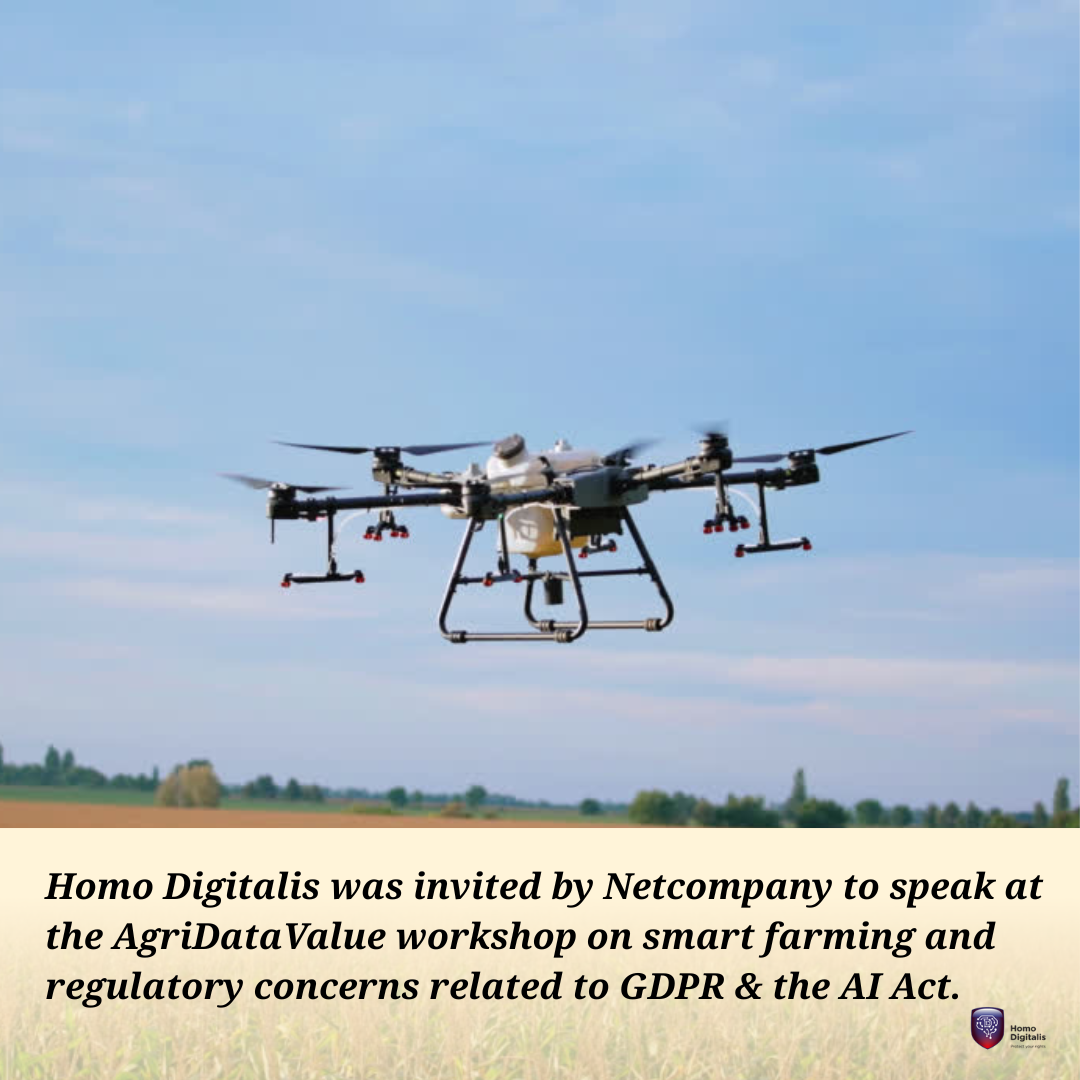We submitted a FOIA before the Greek Ministry of Education for its Memorandum of Cooperation with OpenAI
At Homo Digitalis, we support the innovations brought by new technologies and believe that they can significantly contribute to the improvement of our society, provided that their use complies with the applicable legal framework and aims to promote and protect our rights and freedoms. We envision a better world, where the adoption of technological solutions is the result of critical thinking as well as informed and balanced decision-making.
In this light, we were concerned by the signing, on Friday, September 5, of the “OpenAI for Greece” Memorandum of Cooperation by the Ministry of Education, Religious Affairs and Sports with OpenAI and other stakeholders, for the pilot use of the ChatGPT Edu tool by teachers and students in 20 high schools across the country.
How will teachers and students feel when asked to use tools provided by a company such as OpenAI, which has already been fined €15 million for violations of data protection legislation in Italy and is currently under investigation for possible violations in other countries, such as Austria?
And on what grounds are Artificial Intelligence systems based on proprietary software from US tech giants being prioritized over equivalent tools that could be developed with free and open-source software by research centers and institutions in Greece? Such a choice disregards the European Union’s strategy to strengthen openness, transparency, and technological sovereignty, and, in the case of widespread adoption, will inevitably lead to the dependency of our education system on proprietary software and foreign companies.
In light of the above, today we submitted (protocol number 108260/8/92025) before the Ministry of Education, Religious Affairs and Sports a request for access to documents and information, in which we set out our concerns in detail and request access both to the Memorandum of Cooperation and to other related legal deliverables that should have been drawn up regarding the obligations arising from Law 4624/2019 and Law 4961/2022.
You can see our request here (EL).
Homo Digitalis’ participation in the final General Assembly and policy event of the EITHOS project
This week (2-3/9), Homo Digitalis Executive Director, Eleftherios Chelioudakis, LL.M, M.Sc participated online in the EITHOS EU Project policy event and their final General Assembly.
In his capacity as a pro bono member of the project’s External Advisory Board, Eleftherios contributed to the 3rd session, “Digital Education and Online Safety for Youth”. His presentation focused on the use of deepfakes of child exploitation material by youth, highlighting key provisions of the Greek Penal Code, and stressing how educational initiatives can play a crucial role in raising awareness about obligations and victims’ rights.
Moreover, he participated in the related consortium’s meeting with the External Advisory Board.
We warmly thank the organizers and the rest of the EAB members for their kind invitation and the smooth collaboration throughout the project’s implementation
Homo Digitalis is featured in Adessium's Annual Report for 2024
Adessium supports the European AI & Society Fund (EAISF), a pooled fund dedicated to achieving responsible AI policies and applications. The fund works on legislation for artificial intelligence, monitors its social impact and reports potential risks, such as unjust consequences for citizens and environmental damage due to technology.
In this context, Homo Digitalis alongside European Digital Rights were featured in the 2024 Annual Report, highlighting our key achievements and ongoing work made possible through the support of EAISF. The report includes quotes from Claire Fernandez and Eleftherios Chelioudakis.
We warmly thank EAISF and Adessium for the opportunity to showcase our impactful work in the field of border management and law enforcement, as well as for their continuous support in safeguarding human rights in the digital age!
Read their full annual report and the important work they support here.
We spoke to POLITICO about our work in the field of Artificial Intelligence
Homo Digitalis spoke to Ellen O’Regan and POLITICO Europe for our actions in the field of border management next to prominent academics (Niovi Vavoula & Derya Ozkul), civil society organisations (European Digital Rights, Chloé Berthélémy Border Violence Monitoring Network, Pauline Fritz and Equinox: Racial Justice Initiative, Sarah Chander), EU Bodies & Agencies (European Commission, Europol, Claire Georges, Frontex) and the hashtag#Hellenic hashtag#DPA!
Our Executive Director Eleftherios Chelioudakis, LL.M, M.Sc, represented us in this interview.
According to the article, the Hellenic DPA “wants to wrap up two long-running investigations this September, one into the Greek police’s use of portable face and fingerprint scanning tools, and another into the Greek coast guard’s adoption of social media monitoring software.” We are glad to hear that important progress has been made in these two cases initiated by Homo Digitalis and its allies, researcher Phoebus Simeonidis (omniatv), HIAS Greece, Hellenic League for Human Rights, and Privacy International.
Many thanks to the journalist for her interest in our work! Read the full article here.
Joint Letter of 67 Civil Society Organizations to the Prime Minister
Yesterday, together with 66 other Civil Society Organizations and Networks, we joined our voices and co-signed a joint letter initiated by ActionAid Hellas to Prime Minister Kyriakos Mitsotakis, in response to recent statements by government officials that disparage, in their entirety, the work and transparency of CSOs.
The letter, titled “The disparagement of Civil Society Organizations undermines society itself and the institutional functioning of Democracy”, is a collective effort that sends a strong message in every direction.
Civil Society is all of us. We deserve respect, cooperation, and open dialogue. Read our open letter here.
The new annual report of EDRi is here, with important references to the work of Homo Digitalis
European Digital Rights (EDRi), our dynamic network working to defend and promote digital rights across Europe, has published its 2024 Annual Report!
Read more about the network’s major actions and achievements over the past year! Special references are, of course, made to the contribution of Homo Digitalis. From hosting the 2024 General Assembly in Heraklion, Crete, to raising awareness around the Predator spyware and related legislative reforms, to filing a legal challenge against the retention of electronic communications metadata in Greece, and to the imposition of significant fines regarding the KENTAVROS and YPERION systems in the closed facilities of the Ministry of Migration—2024 was a year full of progress and impact!
We submitted our views to the European Commission’s public consultation on Article 30(5) GDPR
Yesterday, Homo Digitalis submitted its views as part of the European Commission’s public consultation on Article 30(5) of the GDPR.
In our submission, we call on the Commission to withdraw the proposed amendment and stress the need to ensure that the GDPR is not reopened or modified through broader deregulatory initiatives. The priority must remain on the effective application and enforcement of the existing framework, rather than on reducing the safeguards that are essential for protecting fundamental rights in the digital age.
You can read our full position here.
The 9th NGI TALER funding Open Call is here!
08/08/2025
The ninth funding call of NGI TALER is here! Make sure to apply until October 1st 2025 12:00 CEST (noon)
A short intro about NGI TALER
The NGI TALER project is funded as a pilot under the NGI initiative within the European Commission’s Horizon Europe research funding program. It is operated by a consortium of 11 partners from 8 European countries (Belgium, France, Germany, Greece, Hungary, Luxembourg, Switzerland and The Netherlands) with the mandate to roll out an innovative, best-in-class electronic payment system that benefits everyone: end-consumers, merchants, banks, financial authorities, auditors and anti-corruption researchers! The project builds upon the strong foundations of GNU Taler — the privacy-preserving digital payment system developed by the GNU community and Taler Systems SA with support from the NGI initiative. Read more on NGI TALER’s website, here.
What is this funding call about?
Part of the budget of NGI TALER is reserved for open calls to fund additional free software efforts that are aligned with the topics and approach of NGI TALER. We invite your contributions to help reshape the state of play of digital payment systems, and to help create an open, trustworthy and reliable internet for all! You can contribute exciting new capabilities to GNU Taler itself, build auxiliary tools or work on user experience, but you could also be developing integrations into FOSS applications and open standards, or work on improvements to infrastructure components like merchant back-ends. See more info about the wide range of activities that qualify for financial support and the eligibility criteria here.
How to apply?
The open call is open since 01/08/2025 and the deadline to submit your application is October 1st, 2025, 12:00 CEST! You can apply only with proposals between 5.000 and 50.000 euro (60.000 euro is the cumulative absolute hard limit for any applicant for the program). To apply you need to fill in a specific form! From our end we will provide a transparent and efficient selection process. More info in the links below:
Homo Digitalis spoke on smart farming and the AI Act
In the beginning of july, the AgriDataValue project hosted an in-depth online workshop dedicated to data privacy, legal, and ethical dimensions within the context of smart farming. Organized by Netcompany, the event brought together AgriDataValue partners, Advisory Board members, legal experts, as well as representatives from related EU-funded projects.
Homo Digitalis participated in the workshop, giving a legal presentation on the topic “Smart Agriculture from a GDPR and AI Act Perspective”. Many thanks to Ioannis Chrysakis for the kind invitation! Our Executive Director, Eleftherios Chelioudakis, represented us.
The objective of the workshop was to identify and validate key ethical, legal, social, and privacy-related topics linked to the AgriDataValue platform. It also served as an opportunity to review data flow mappings between the project’s technologies, user types, and integrated services, a vital exercise for ensuring compliance, transparency, and responsible data governance.
